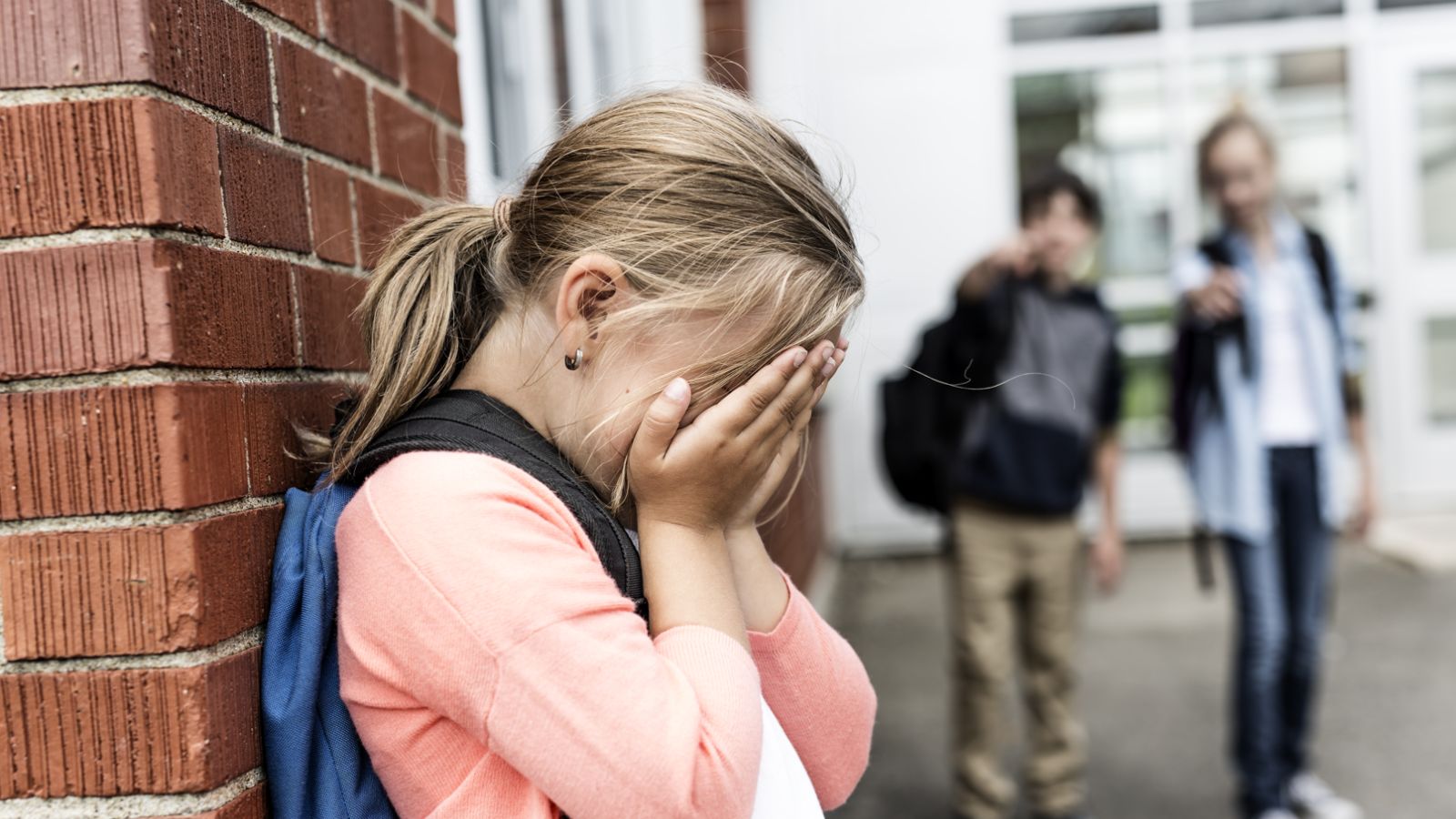It is no surprise that bullying can affect your childhood, but what most don’t know is that it can affect your adulthood too. In this article, we look at 18 ways bullying during childhood can damage someone well into adulthood.
Enhanced Empathy

Adults who were bullied as kids frequently develop a heightened sense of empathy, allowing them to deeply understand others’ emotions. They tend to have more sensitivity towards others’ feelings, as they understand how it feels to be mistreated.
Heightened Anxiety

According to the American Addiction Centers, bullying victims are more likely to have mental illnesses, including anxiety. For this reason, people who were bullied as kids are more prone to feelings of worry and stress.
Strong Resilience

Victims of bullying have an enhanced ability to bounce back from adversity. They view challenges as opportunities for growth instead of bad luck.
Trust Issues

The lingering effects of past betrayals can lead to difficulty trusting others, even when they mean well. This leads to people being suspicious and wary of new relationships. While this protects them from betrayal, it also cuts out people who could have been great friends or even romantic partners.
Heightened Awareness

When you constantly get bullied, vigilance is a necessity. This means that you will be very observant of your surroundings and people’s behaviors. The downside is that you may start to see conflict even where it isn’t.
Low Self-Esteem

The scars of ridicule can leave a lasting imprint on one’s self-worth and lead to feelings of inadequacy and self-doubt for no reason. Slate reports that most adults who dealt with childhood bullying have low esteem issues that rarely go away.
Assertiveness

A bullying victim might also develop the ability to stand up for themselves and others. This is usually from the experience of having to defend themselves or from not wanting history to repeat itself.
Perfectionism

According to AntiLoneliness, childhood trauma is the leading cause of perfectionism in adulthood. The pursuit of perfection arises as a way of guarding against criticism. Bullying victims tend to set extremely high standards for themselves due to a fear of making mistakes or being judged.
Social Withdrawal

Past social trauma can cause someone to have a preference for solitude over the chaos of crowds. This can cause one to choose to spend most of their time alone, opting out of large gatherings or new social settings.
Compassionate Leadership

A bullying victim’s past can fuel a leadership style that is rooted in compassion. This means that they may have more empathy than usual, which is a win for their team but not so much for the victim.
Creative Expression

For some people, creating art, writing stories, or making music is more than just a hobby. It’s a way to deal with their feelings and heal from past traumas. This creative process is like a safe place where they can explore their feelings and change bad memories into something beautiful or meaningful.
Difficulty in Handling Criticism

Bullying victims can have a hard time telling the difference between helpful advice and hurtful comments. For those who take criticism very personally, feedback can feel like an attack. This fear might make them stay away from situations where they could be criticized.
Strong Moral Compass

People who have faced tough times often grow up to really care about what’s right and fair. They speak up for people who are treated badly and always try to do what’s right. This strong sense of justice comes from their own experiences of being treated unfairly.
Intense Self-Reflection

Victims are always trying to understand why they feel a certain way or why they react the way they do. This deep thinking helps them heal from their past and become better people. It’s like they’re on a journey to understand themselves better and improve every day.
Strategic Problem-Solving

Facing challenges in the past can teach people how to deal with problems in smart ways. They come up with creative solutions and plan ahead to avoid trouble. They use what they’ve learned from their tough experiences to make better decisions in the future.
Avoidance of Conflict

People who avoid conflict often do so because they’re scared of arguments and confrontations, preferring to find peaceful ways to solve disagreements. Instead of speaking up when something bothers them, they might keep their feelings inside, which can hurt them over time.
Deep Sense of Loneliness

Even when around other people, you can feel very alone. This loneliness isn’t about physically being alone; it’s about not being able to connect with anyone around you. Research by Brigham Young University found that this feeling often starts with painful experiences from the past that haven’t been fully dealt with.
Proactive Against Bullying

Some people turn their difficult experiences with bullying into a force for good. They get involved in movements and programs that aim to stop bullying, teaching others about how harmful it can be. Such people may also step in if they see someone being bullied.
Read More: 18 American Phrases That Non-Americans Struggle to Understand

American expressions are a vital part of its culture, reflecting the nation’s history and values. However, these sayings can sometimes puzzle people from other countries because they often carry context, colloquialisms, and historical references that can lose their intended meaning when crossing borders. Let’s look at 18 of such American sayings.
18 American Phrases That Non-Americans Struggle to Understand
18 Reasons Why No One Is Interested in Working Anymore

The concept of traditional employment has taken a back seat in recent times with changes in economic and social factors, as well as individual preferences. Traditional jobs have also evolved, and many people don’t feel the need to take this route anymore. These are 18 reasons why no one is interested in working anymore.
18 Reasons Why No One Is Interested in Working Anymore
17 States Americans No Longer Want to Live In

America is constantly changing, and within it, so are its states. Some have new laws that residents don’t agree with, while others have increasing rates of unemployment or areas of extreme poverty. These aspects make it difficult for a person to stay in their home state. Here are 17 states that Americans are deciding to reconsider.
17 States Americans No Longer Want to Live In
17 Things That Are Sadly Disappearing From Everyday Life

Life in modern times seems to evolve at an unprecedented pace. Certain things we couldn’t live without a few years ago are rapidly becoming redundant. Let’s take a peek at 17 such victims of modernization and why they’re slowly but surely disappearing.
17 Things That Are Sadly Disappearing From Everyday Life
15 Ways To Tell If Someone Is Not a Good Person

While it’s important to avoid quick judgments, certain behaviors can be strong indicators of a person’s character. Here are 15 ways to discern if someone might be a bad influence or possess harmful traits.

